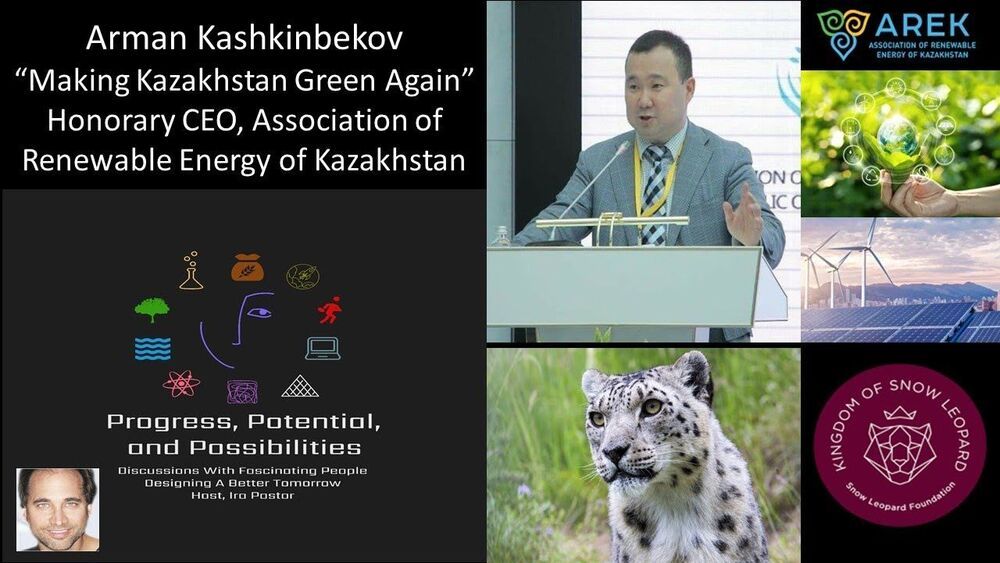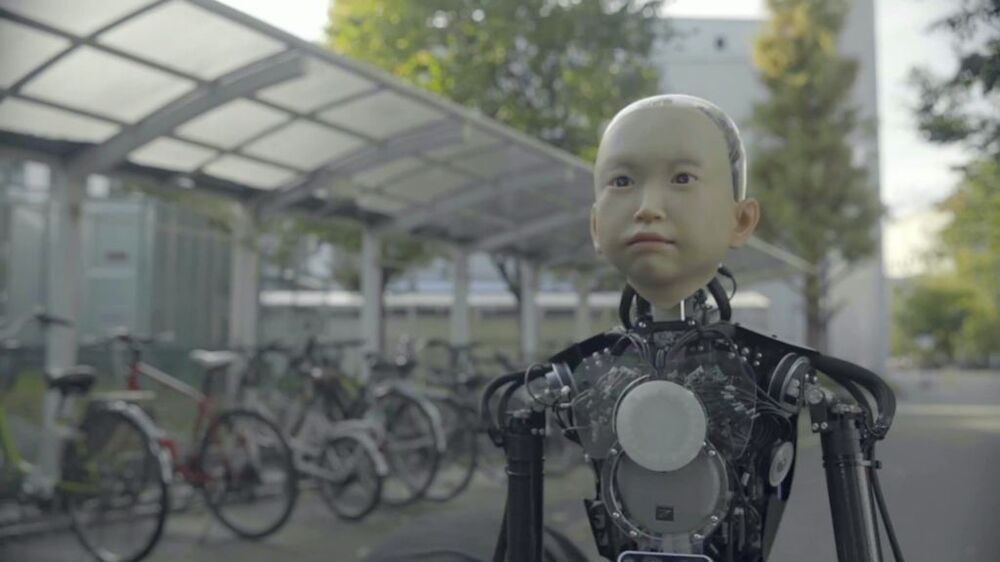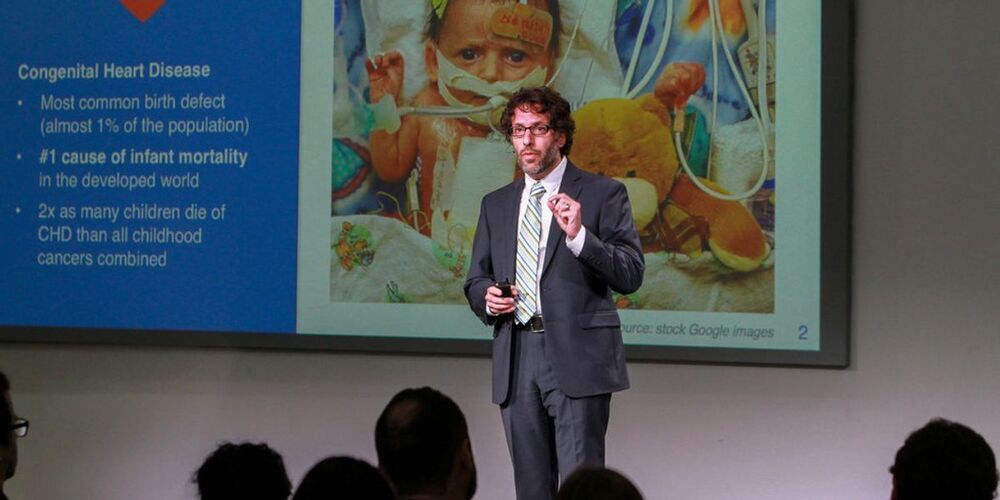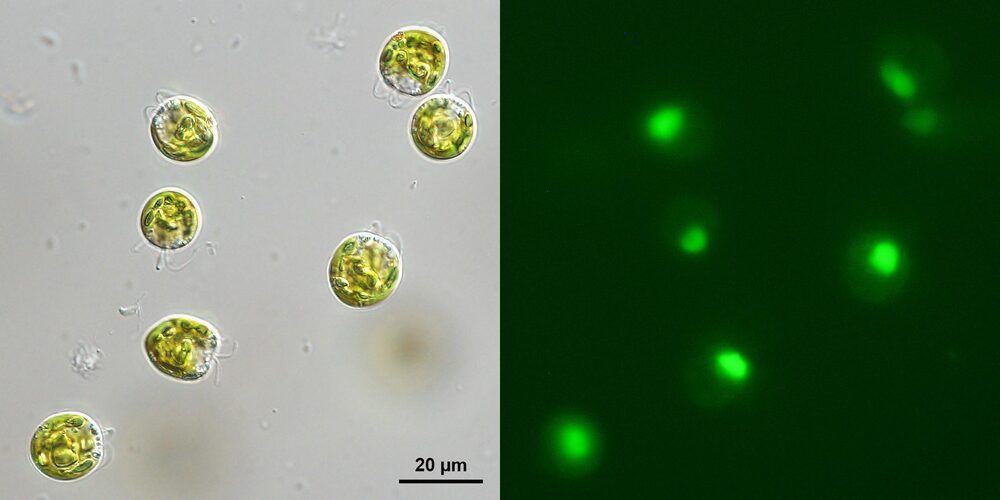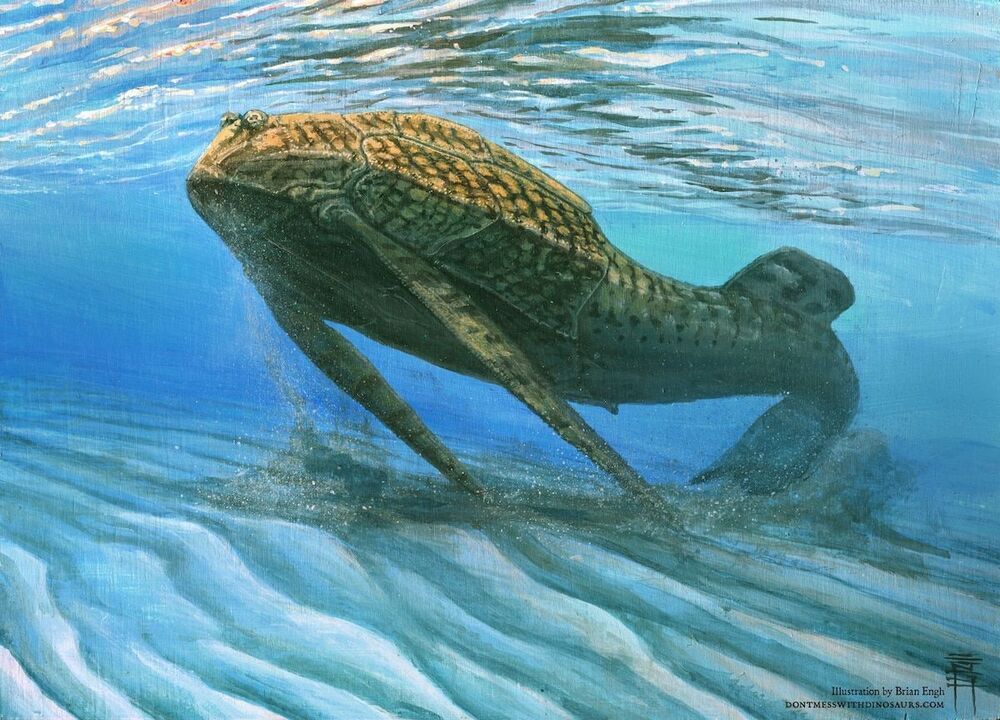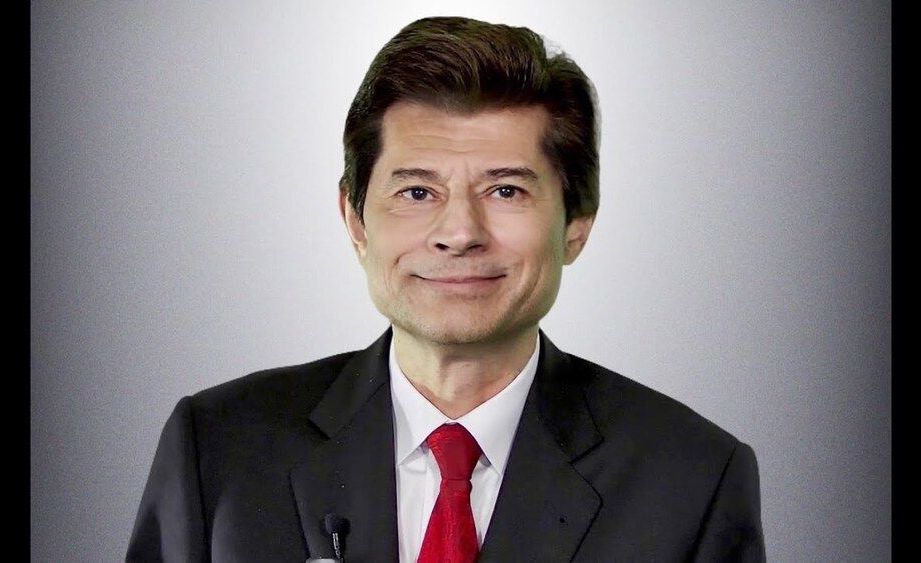Making Kazakhstan Green Again — Mr. Arman Kashkinbekov, Honorary CEO and Board Member, Association of Renewable Energy of Kazakhstan — Director, International Snow Leopard Foundation.
Mr. Arman Kashkinbekov, is the honorary CEO and board member, Association of Renewable Energy of Kazakhstan and Deputy Chairman of the Board, International Centre for Green Technologies and Investment Projects (Kazakhstan).
With a bachelor’s degree from Karaganda University, in International Economic Relations, and a master’s degree in economics from Vanderbilt University, Mr. Kashkinbekov also studied at the Norwegian Petroleum Directorate and the Kazakhstan-Japan Development Center.
Mr. Kashkinbekov has broad experience in the oil & gas and mining industries, including roles as senior manager at NC KazMunayGas, deputy country manager at ConocoPhillips, executive director at KazEnergy, general manager at Rolls-Royce Energy, and deputy CEO at ArcelorMittal Temirtau.
Mr. Kashkinbekov also worked as president of KazInvest, head of international affairs at the Sovereign Wealth Fund, Samruk-Kazyna, adviser to chairman of the board at NC KazAutoZhol, and director of the foreign Investor’s Council chaired by the President of Kazakhstan.
In addition Mr. Kashkinbekov is a graduate of the educational program of the President of the Republic of Kazakhstan “Bolashak”, a co-founder of the “Bolashak” Association and an honorary member of its Council.
Mr. Kashkinbekov also serves as Director of the International Snow Leopard Foundation.
